Instead of Building Bridges Italy at Sixes and Sevens
ROME -- The bridge at Genoa is not the only one to come down. Just when Italy should be building bridges for the common good, the country appears to be at political sixes and sevens. Foremost among the crucial issues: immigration. The ramifications of the Diciotti misadventure exemplify the problems.
The Diciotti is an Italian coast guard ship that rescued 177 migrants in the Mediterranean August 16 and then, after Malta refused to accept them, took them into port at Catania. Initially they were welcomed by Transport Minister Danilo Toninelli, who twittered that, "The gallant men of the Coast Guard have done their part saving the lives of human beings 17 miles from Lampedusa." But when the ship docked at Catania, Interior Minister Matteo Salvini refused to allow the migrants to disembark until and unless their future destinations were assured. At that point Toninelli backed down, and in another tweet declared that he "agreed" with Salvini's position.
But not by everyone agreed. The migrants were not permitted to disembark, and conditions aboard ship worsened day after day, to the point that a demonstration against Minister Salvini's position was held in Catania on Aug. 21. In Agrigento a prosecutor opened an investigation into Minister Salvini for sequestration of persons, illegal arrests and abuse of office. Catania and Palermo prosecutors also opened investigations.
At that point 29 minors were released from the ship, but the others remained locked aboard even though Italy's Garante nazionale delle persone private della libertà, an association to protect persons deprived of their right to freedom, protested that this was a case of serious humanitarian need. Similarly, the Catholic organization Caritas issued an appeal for "solutions that respect human rights and constitutional privileges." Oliviero Forti, Caritas chief for migration policies, called for an urgent solution showing "plain common sense and humanity, the sole way to guarantee social cohesion."
When representatives of 12 EU countries, summoned to find a way to handle the migration question in the future, reached no conclusion, Salvini's co-Deputy Premier Luigi Di Maio called for a hard line against the EU: "If redistributing the migrants [fails], the Movimento 5 Stelle and I will not be disposed to give E 20 billion to the EU every year." The EU responded that Italy gives just E 3 billion annually.
Nor did Salvini back down. "No one will land in Italy unless Europe wakes up, does its part and begins to welcome them, as we have done in all these years," he said on TV. As for his being put under investigation in Agrigento, "I am anything but worried, go ahead if somebody wants to arrest me.... My objective is the Australian 'no way,' and all those on the Diociotti are illegal immigrants."
The United Nations refugees agency UNHCR appealed to Italy to let the migrants disembark. And former Premier Paolo Gentiloni said that, instead of blocking the ship, "the Interior Minister should explain on the basis of what law he is holding migrants aboard the Diociotti for 10 days now. And if there is no such law, as is evident, he ought to put a rapid end to this abuse of power."
Eventually 17 were authorized to leave the ship for health reasons; a few suffering from TB, women from rape. Only 13 disembarked when four women refused to leave without their family members. In the end, all the migrants could disembark, thanks to an agreement involving the Church in Italy, Albania and Ireland. Di Maio was pleased: "The government remained compact, we played like a proper team." Salvini crowed that he was "proud of fighting to defend our borders and protect the security of Italians and the future of our children."
But that is not the end -- on the contrary. Foreshadowing the future, Salvini met Monday with Hungarian prime minister Viktor Orban, the tough guy whose economic policies, said Salvini, could be a model for Italy. In turn Orban lauded Salvini as "the sole politician who blocks the migrants in the sea... Salvini defends the borders in Europe. He would win elections in Hungary, he is very popular for having blocked the migrants." (See >> )
For the future, Salvini seems to want to opt out of the EU in favor of a union with Hungary and other formerly Communist East European countries. To this end he seems particularly eager to have early elections take place in Italy as soon as possible. The risk is the "impetuous" growth of Salvini's Lega, in the words of one commentator here. His goal: premiership without Di Maio, whom he is overshadowing, and without the premier Giuseppe Conte. Exactly for this reason Di Maio and Conte, less than anxious to see their Movimento 5 Stelle vote dribbled away, see little choice but to cave in to Salvini. "He will use the promises, incompatible with the commitments to Europe, to demand that Giuseppe Conte and his government ignore the pacts and parameters" of Europe, said another middle-of-the-road commentator. "It is blackmail."






























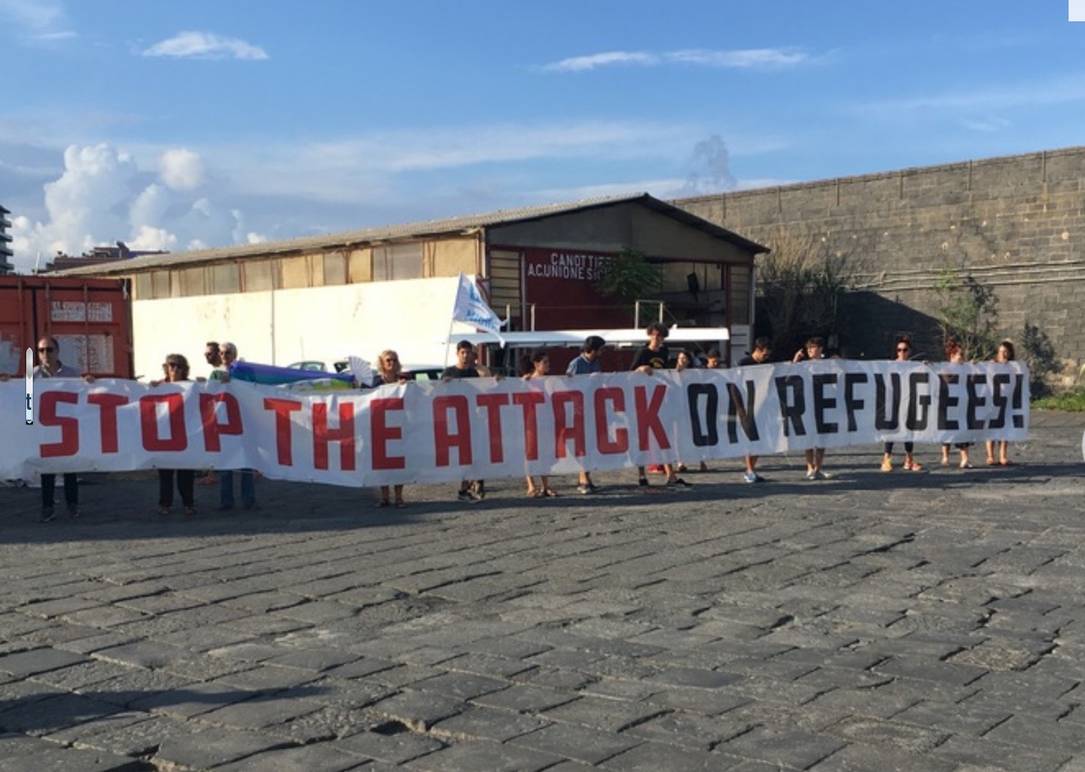
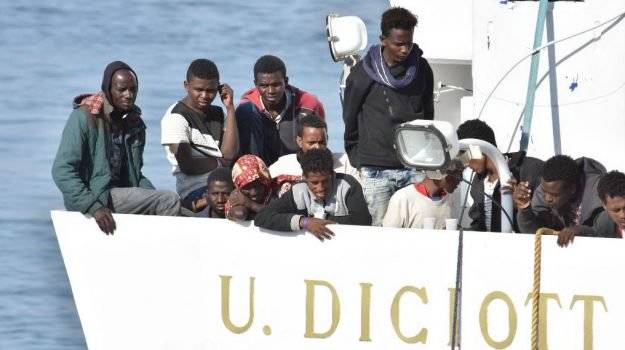
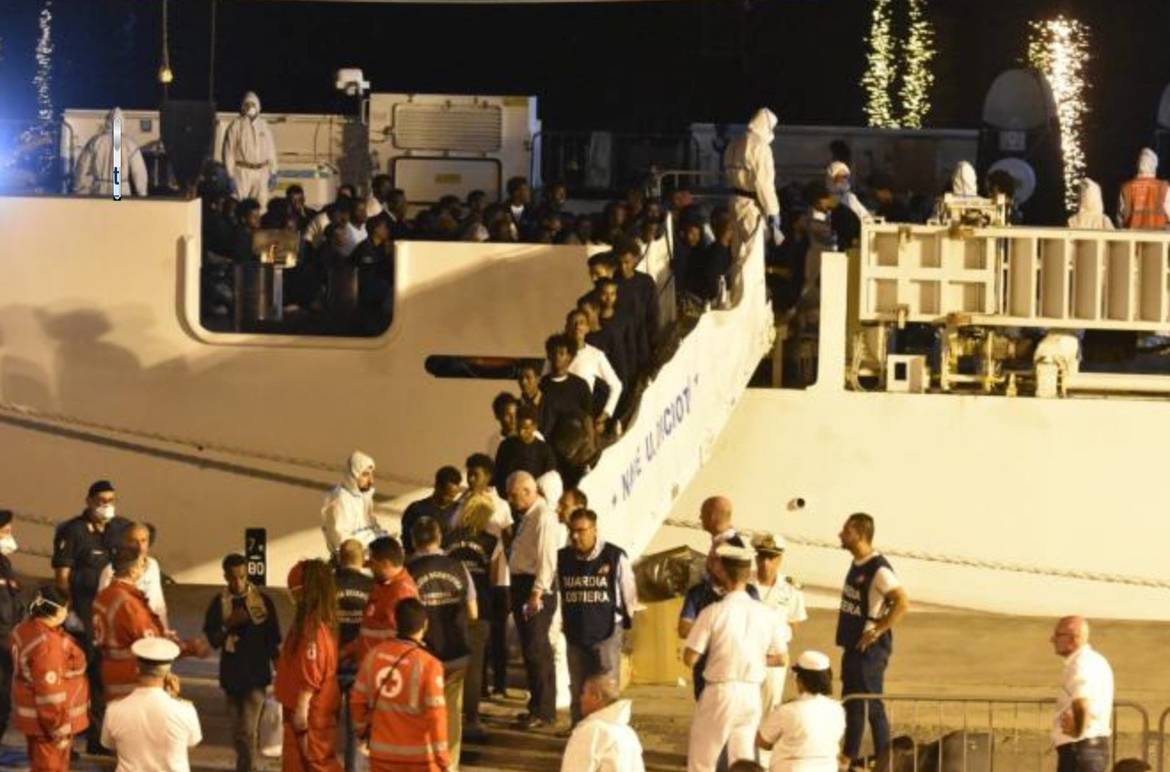
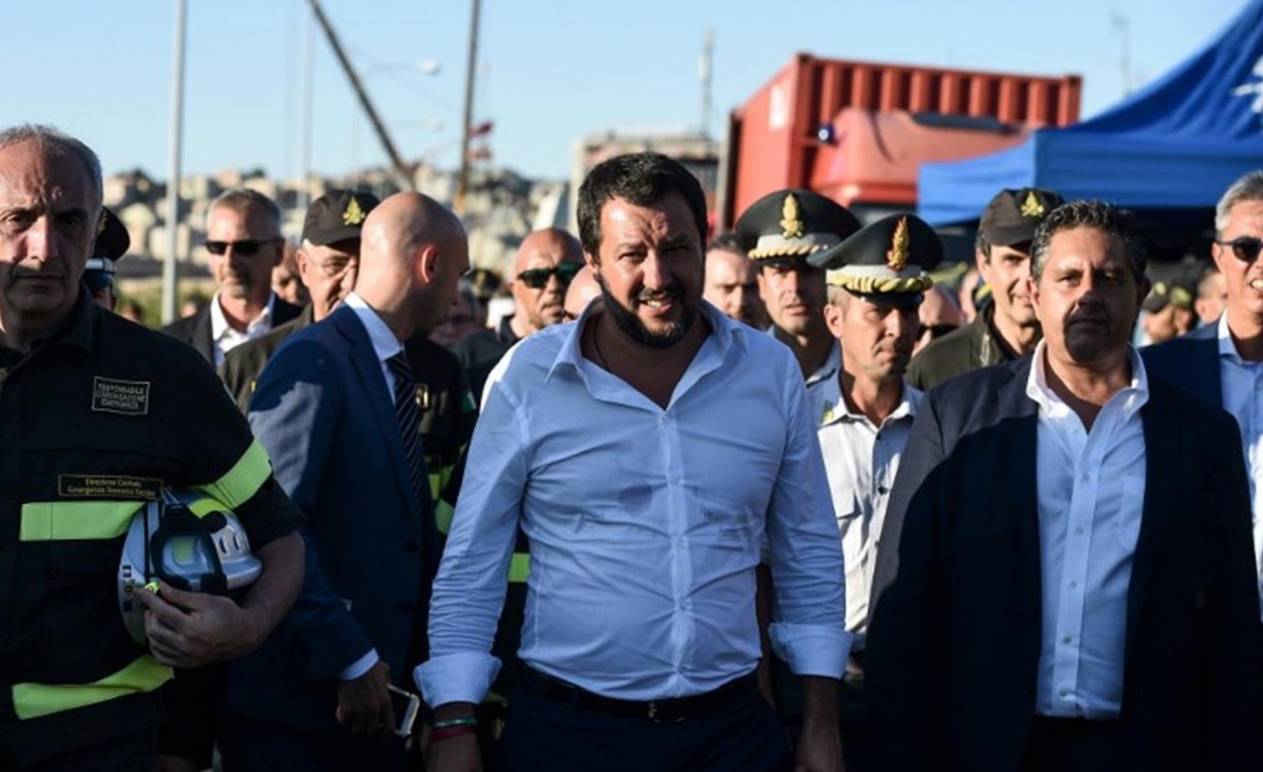
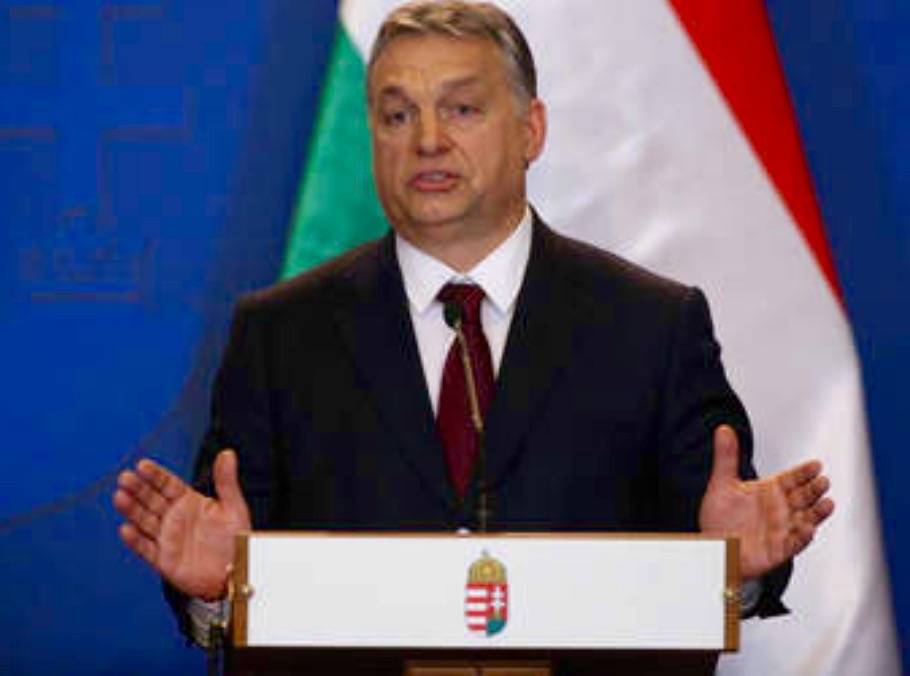






i-Italy
Facebook
Google+
This work may not be reproduced, in whole or in part, without prior written permission.
Questo lavoro non può essere riprodotto, in tutto o in parte, senza permesso scritto.